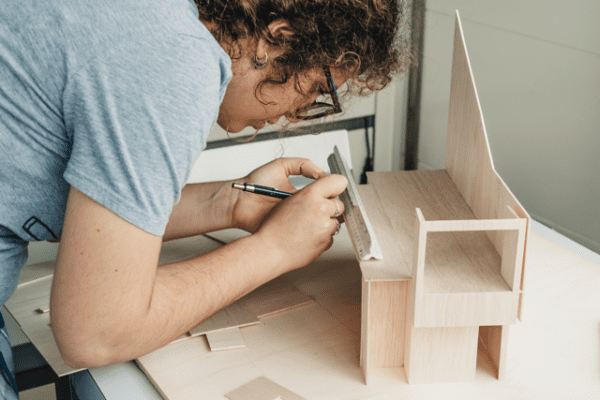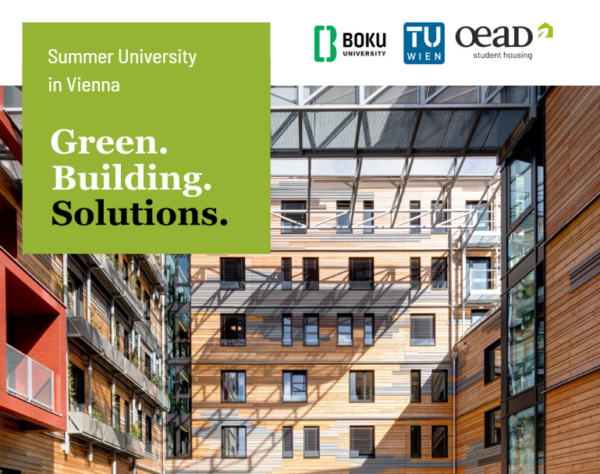
Barcelona, Spain
Fashion Product Management
When:
14 July - 25 July 2026
Credits:
0 EC
Read more
Architecture
When:
04 September - 14 September 2019
School:
Politecnico di Torino Summer Schools
Institution:
Politecnico di Torino
City:
Country:
Language:
English
Credits:
3 EC

n the course of ten days of successive and parallel workshops, master students of architecture will engage with a process of public transformation of a former industrial site in the city of Turin.
The site was the subject of a call for applications promoted by the Co-City competition (winner of the first European Urban Innovative Actions call) that proposed the design of forms of collaboration between administration and active citizenship, and now suspended. With the purpose of ‘unlocking’ a blocked process of transformation of public space, students will experiment different approaches to the agency of design actions.
We are looking for outstanding Master students. We will select 3 students from each of the following institutions: KTH, Architectural Association London, University of Belgrade, TU Berlin, Politecnico di Milano, Politecnico di Torino. Additionally, we will accept up to 5 outstanding students from any institution.
To apply, send the following to apply@innovationinpractice.it by June 25th: an updated CV; A4 landscape portfolio (max 5 pages); and a motivation letter of 400 words or less.
Applications will be reviewed by the workshop tutors and coordinating team and the results will be communicated by June 30th.
During the final days (13th-14th September) the Summer School will open the doors to PhD students for a PhD Research Marathon, a discussion carried out within the doctoral course "The innovation of the architectural project: practice and criticism", held as part of the Ph.D. program "Architecture, History and Project" at the Department of Architecture and Design of the Politecnico di Torino by prof. Giovanni Durbiano and Alessandro Armando.
Through scientific contributions offered by experts in their own field from five different European institutions, the Summer School will give students the tools to strategically approach complex procedural problems through architectural design as a collective and socio-technical tool for action, and to effectively intervene as actors within a diachronic design process.
When:
04 September - 14 September 2019
School:
Politecnico di Torino Summer Schools
Institution:
Politecnico di Torino
Language:
English
Credits:
3 EC

Barcelona, Spain
When:
14 July - 25 July 2026
Credits:
0 EC
Read more

Vienna, Austria
When:
13 July - 01 August 2026
Credits:
7 EC
Read more

Antwerp, Belgium
When:
09 February - 13 February 2026
Credits:
3 EC
Read more